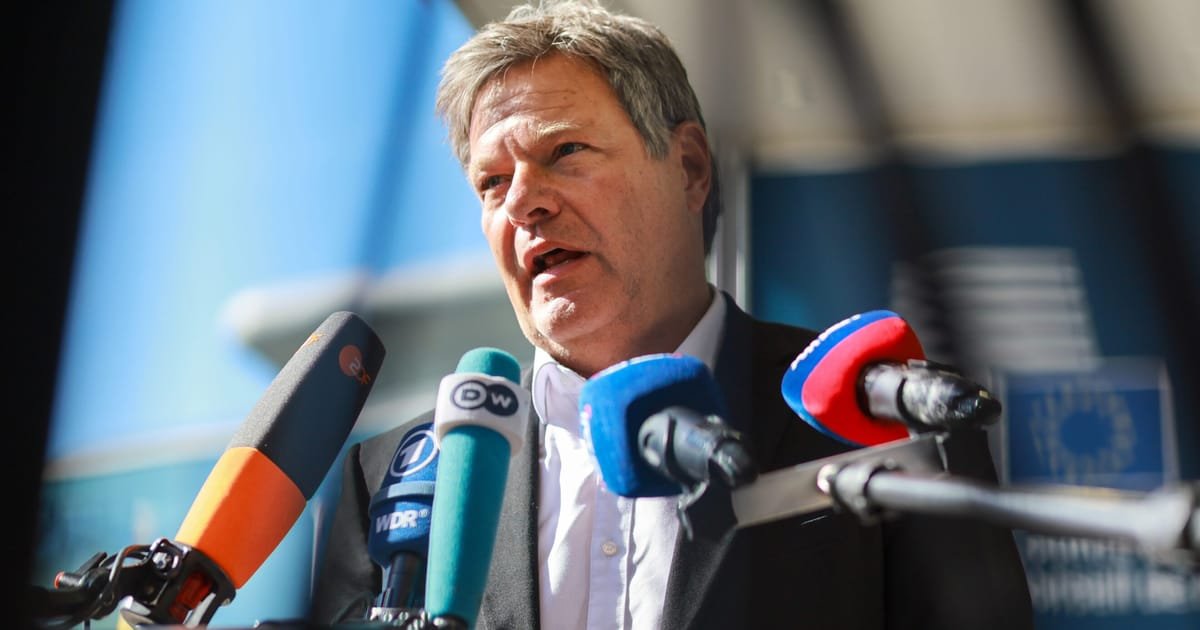Habeck Questions Future of German Politics Amid Rising Far-Right
Germany’s former Vice Chancellor Robert Habeck expressed concerns about the ability of centrist parties to combat the growing influence of the far-right Alternative for Germany (AfD) in a recent interview. Habeck, who took office when the Greens entered a coalition government with the Social Democrats and Free Democrats in 2021, is now grappling with the political fallout after the coalition collapsed late last year. In light of February’s snap election, the Greens have returned to opposition, leading Habeck to withdraw from senior party positions and face speculation about his future in politics, reports 24brussels.
In the interview, Habeck appeared disheartened by the shifting political landscape, criticizing senior conservative figures for their increasingly right-wing rhetoric. He lamented, “If trends continue and mainstream parties continue losing ground, their dominance will be over for good.” The remarks reflect a deep-seated concern not only for the future of his party but for the democratic fabric of Germany itself.
He emphasized that viable democratic alternatives are lacking, stating, “Politically desirable democratic alternatives are not on offer… A new approach must be found. And I can’t find that within the confines of the system I helped build over the last 20 years.” These statements indicate a turning point for Habeck, who has garnered significant public support—evidenced by nearly half a million signatures on a petition urging him to remain active in politics.
As the political divide deepens in Germany, the question arises of whether centrist parties can adapt to regain ground against extremist movements or if they will continue to decline in influence. The implications of Habeck’s insights extend beyond party lines, signaling a critical juncture in German politics at a time when stability is increasingly under threat.










